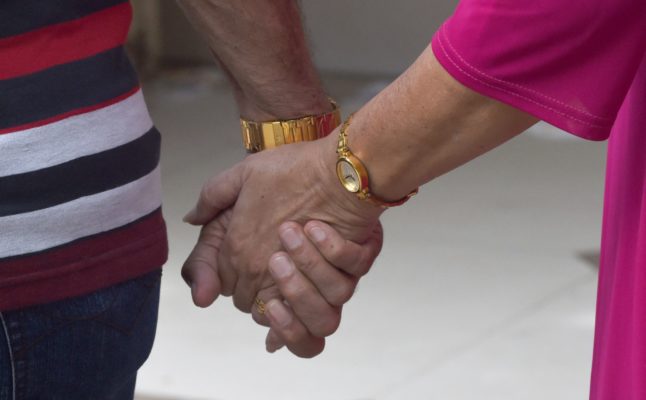Statistics body ISTAT said there were 82,469 divorces in 2015, a 57-percent rise compared with 2014.
But the data experts cautioned that it wasn't the case that 57 percent more relationships were breaking down.
Instead, the rise reflects the impact of two laws: one enacted at the end of 2014 simplifying separation and divorce procedures and one from May 2015 which reduced the delay between couples separating and being able to divorce.
Until the latter law was passed, couples had to be officially separated for three years before they could start divorce proceedings.
Now only one year is necessary, or six months in the case of a separation by mutual consent.
ISTAT expects the impact of the reforms to keep divorce numbers high for the next couple of years before they revert to the previous trend.
In fact, the number of registered separations rose only 2.7 percent in 2015. The number of marriages also rose last year, although only slightly (up 2.4 percent to 194,377) after a decade of sharp decline.
Italy had no provision for divorce until 1970 and the difficulties that caused were famously the subject of a celebrated 1961 film “Divorce, Italian Style”.
The comedy features Marcello Mastroianni as a Sicilian noble who cooks up a plot to kill his wife in a crime of passion so he can be free to marry a younger model.




 Please whitelist us to continue reading.
Please whitelist us to continue reading.
Member comments